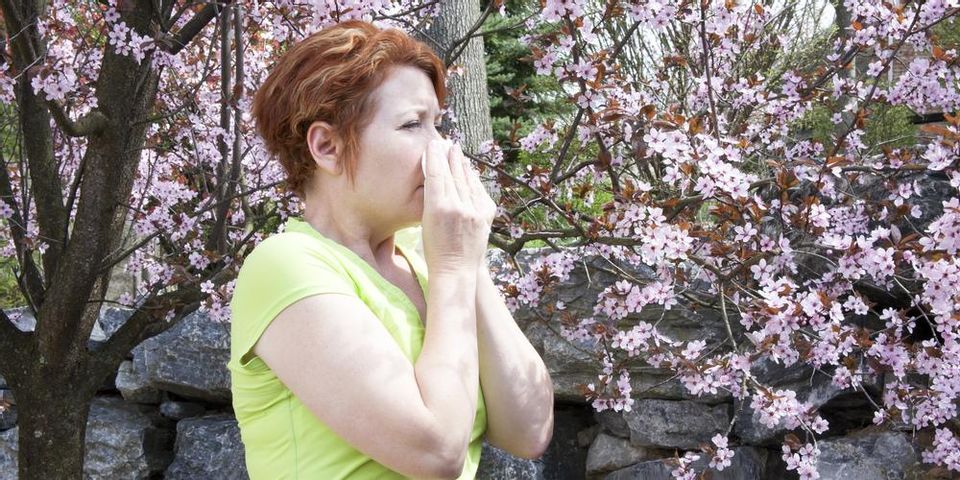Immunology 101: Common Seasonal Allergies

If you find yourself sneezing, coughing, and getting a runny nose and itchy eyes during certain times of the year, you might not be suffering from a cold. According to Linchitz Medical Wellness—allergy immunology specialists in Westbury, NY—it could actually be seasonal allergies. This happens because your body’s immune system tends to stay in overdrive, so otherwise relatively harmless substances, like pollen, affect it in the same way a harmful bacteria or virus would.
Below are some of the common seasonal allergy threats, or allergens, that tend to cause the immune system to overreact.
Pollen
Most plants rely on tiny grains known as pollen to become fertilized. Certain plants produce a powdery pollen that is easily spread by the wind. This specific type is one of the prime allergy culprits. Since different plants enter their pollination periods at different points throughout the year, it is possible to suffer from seasonal allergies caused by pollen year round. However, where you live and the weather patterns in the area will also play a large role in this, considering pollen tends to travel more in hot, dry, and windy weather.
It is also possible to be allergic to different types of pollen. So, while you might react to tree pollen and see the majority of your symptoms in the early spring, you might have a friend who is allergic to hay pollen (ragweed) and develops symptoms every August to November. Grass pollen is another common allergen, and those suffering from it tend to develop symptoms between late spring and early summer.
Mold
 Mold can appear practically anywhere and grow on any substance where moisture is present. While they are necessary for breaking down dead organic matter, the mold spores they create to reproduce can be a nuisance to allergy sufferers. Similar to pollen, mold spores are carried by the wind, and they tend to increase in number as the temperature outside goes up.
Mold can appear practically anywhere and grow on any substance where moisture is present. While they are necessary for breaking down dead organic matter, the mold spores they create to reproduce can be a nuisance to allergy sufferers. Similar to pollen, mold spores are carried by the wind, and they tend to increase in number as the temperature outside goes up.
Most people with seasonal allergies will see the majority of their symptoms appear in July (warmer states) and October (colder states); however, those living in the South and on the West Coast tend to experience symptoms year round.
You can limit your seasonal allergy symptoms by consulting with an immunology team to find the source of your suffering. Also, monitor pollen and mold counts on a daily basis, and try to stay indoors during their peak hours. For instance, tree and grass pollen are at their highest in the evening, whereas hay pollen levels are usually higher in the morning hours.
To learn more about immunology and how it can help you, schedule an appointment with Linchitz Medical Wellness today. You can call them at (516) 759-4200 or visit their website to learn more about how their regenerative medicine services will help your immune system.
About the Business
Have a question? Ask the experts!
Send your question

